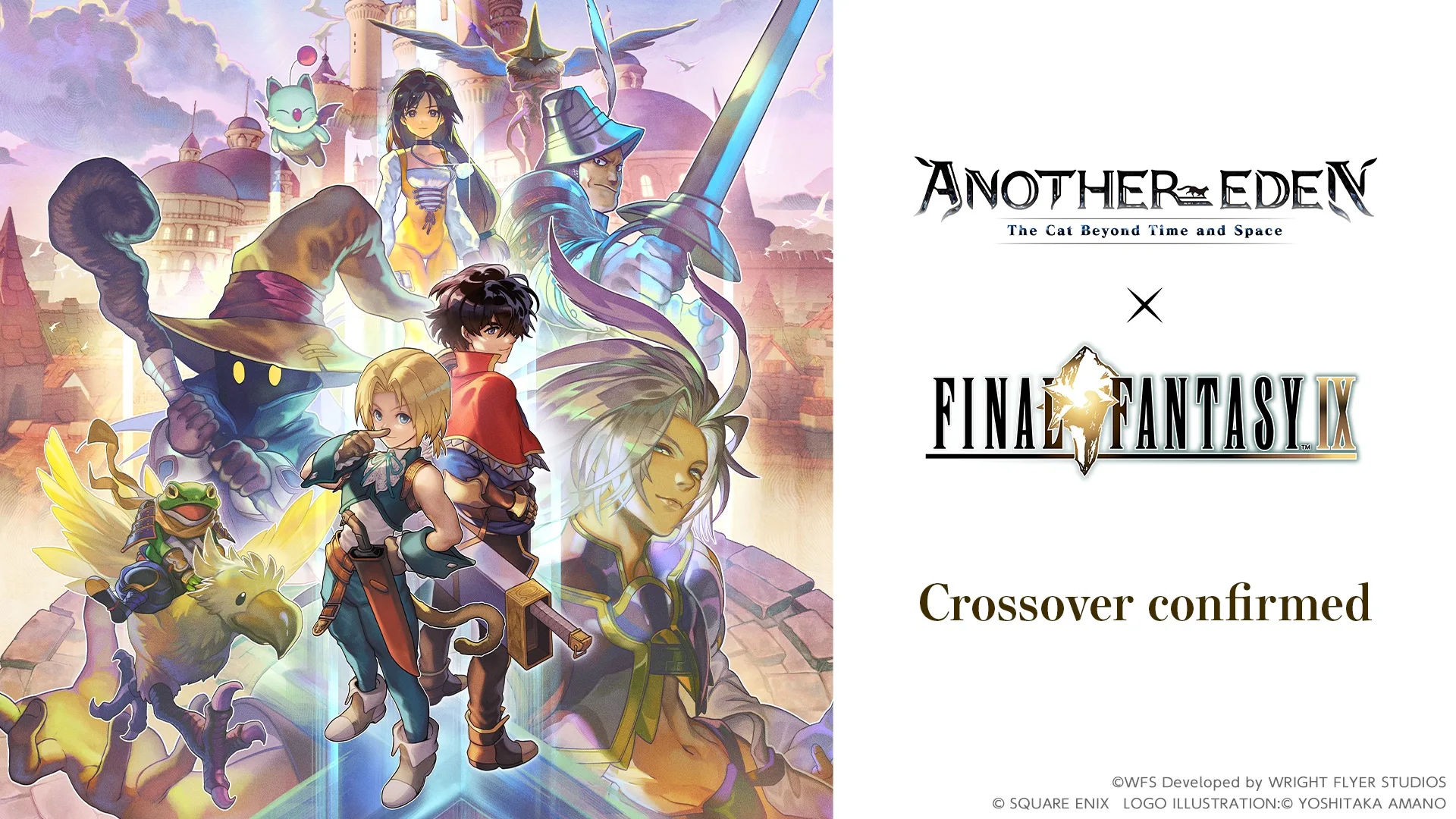Why the Gacha Community is So Loyal, even when burnt
The gacha community’s resilience stems from deeply ingrained psychological hooks, rich social ecosystems, and evolving developer practices. Despite experiences of “burnout” or feeling “burnt” by predatory mechanics and steep financial costs, players remain loyal due to the thrill of random rewards, strong parasocial bonds with characters, and supportive peer networks. Ongoing transparency efforts, from clearer odds disclosures to enhanced free‐to‐play incentives, also rebuild trust after controversies. Together, these factors forge an enduring devotion that keeps gacha fans engaged, even when they momentarily step away.
Understanding Gacha Mechanics
Gacha games replicate capsule‐toy vending machines, enticing players to spend in‐game or real currency for randomized rewards. This unpredictability triggers dopamine surges akin to slot machines, creating a “just one more pull” cycle that can override frustration and past losses. Even after experiencing a series of empty draws, or feeling “burnt” by low drop rates, many players return, hoping the next pull will yield a coveted character or item.
The Role of Parasocial Relationships
Players often form parasocial relationships with in‐game characters, treating them as friends or idols. Rich backstories and narrative events let fans connect emotionally, making each new character’s arrival feel like the debut of a beloved figure. When a player feels “burnt,” it’s often the loss of this companionship that pulls them back, wanting to invest time or resources to deepen these bonds rather than abandon them.
Community-Centric Features
Gacha titles emphasize social features, guilds, alliances, co-op events, and fan forums, that foster camaraderie among players. Even if an individual player disengages temporarily, the fear of missing out (FOMO) on cooperative rewards or community milestones draws them back. Communities also offer support during burnout: sharing farming tips, celebrating rare pulls, or organizing group challenges helps veterans reengage and newcomers feel included.
Overcoming Burnout Through Social Bonds
Burnout often leads players to reduce commitment rather than quit entirely. Skipping daily tasks, focusing on free rewards, or taking “mini‐breaks” allows players to return refreshed. Peer encouragement on platforms like Reddit or Steam keeps spirits high, players rally around each other after a string of bad luck, reminding one another that “it’ll probably be there whenever you decide to come back.” This collective resilience cements loyalty even when trust is tested.
Developer Transparency and Trust
High‐profile backlash, such as the Genshin Impact controversy over predatory loot boxes, led to regulatory scrutiny and clearer disclosures. HoYoverse’s May 2025 update now displays that a single 5-star pull can cost up to $475, fostering accountability and player goodwill (via GamesRadar+). Similarly, developers like Mihoyo continuously add free content, buff older characters, and host community surveys to address concerns, gradually rebuilding trust after burnout episodes.



